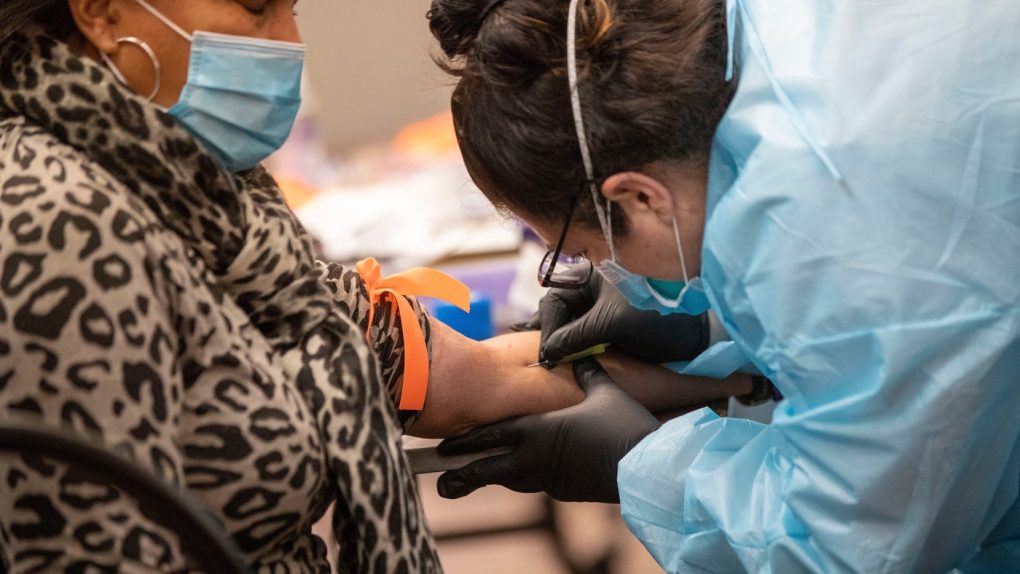- Hydroxychloroquine has been banned as a coronavirus treatment by the French Health Ministry.
- Hydroxychloroquine was developed as an anti-malaria drug and, for a time, was championed as a promising medication to battle COVID-19.
- Numerous studies, however, have shown that hydroxychloroquine can cause serious side effects and is largely ineffectual when it comes to treating coronavirus patients.
- Visit BGR’s homepage for more stories.
In a statement published yesterday, the health ministry in France banned the use of hydroxychloroquine as a treatment for the coronavirus. The move comes just a few weeks after a National Institute of Health study found that hydroxychloroquine — which was initially developed as an anti-malaria drug — wasn’t effective in battling COVID-19.
“Whether [in doctors offices] in the cities or in the hospital, this … should not be prescribed for patients with COVID-19,” the ministry said.
The fact that hydroxychloroquine has remained in the conversation as a potential coronavirus treatment for this long is a bit perplexing. As far back as April, studies showed that corona patients receiving the drug did not show signs of improvement. If anything, use of the drug was often found to be more dangerous.
In one study involving 368 patients at U.S. Veterans hospitals, 28% of patients who received hydroxychloroquine died as opposed to 11% of patients who received more traditional care.
What’s more, many doctors and medical researchers have long cautioned against positioning hydroxychloroquine as a magical cure-all due to a number of serious side effects, a list which includes heart issues that can cause cardiac arrest.
Just yesterday, Mike Ryan of the World Health Organization (WHO) advised against the use of the drug:
There is no empirical evidence at this point that these drugs work in this case either for treatment or for prophylaxis,. We do not advise the use of hydroxychloroquine or chloroquine for the treatment of Covid-19 outside randomized control trials or under appropriate close clinical supervision subject to whatever national regulatory authorities have decided.
That notwithstanding, President Trump has been a curious proponent of hydroxychloroquine over the past few weeks. About a week ago, Trump even said he took the drug because it affords him an “additional level of safety.”
Earlier today, White House press secretary Kayleigh McEnany told reporters that Trump has felt fine ever since.
“He is feeling perfect,” McEnany said. “He is feeling absolutely great after taking this regimen.”
What’s more, Trump told McEnany that he would “take it again if he thought he became exposed.”
In the meantime, the coronavirus pandemic in the United States rages on. Over the past few days, the number of coronavirus-related deaths in the U.S. surged past 100,000. As it stands now, there’s no indication that a vaccine will be coming anytime soon and, should one be developed, doctors believe it won’t arrive until 2021 at the absolute earliest.








